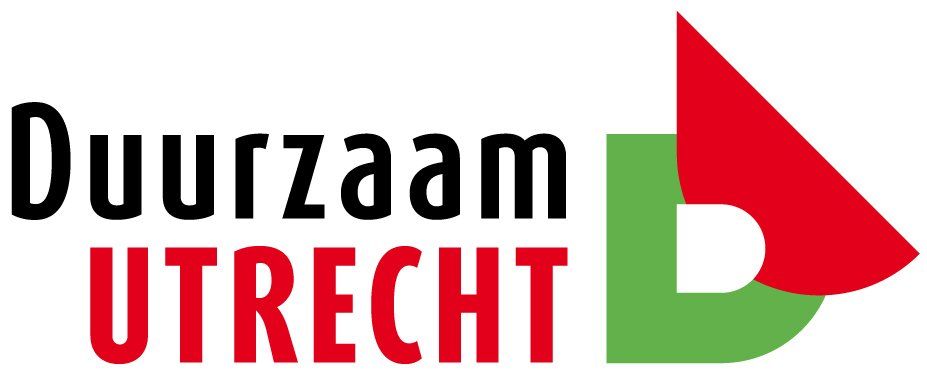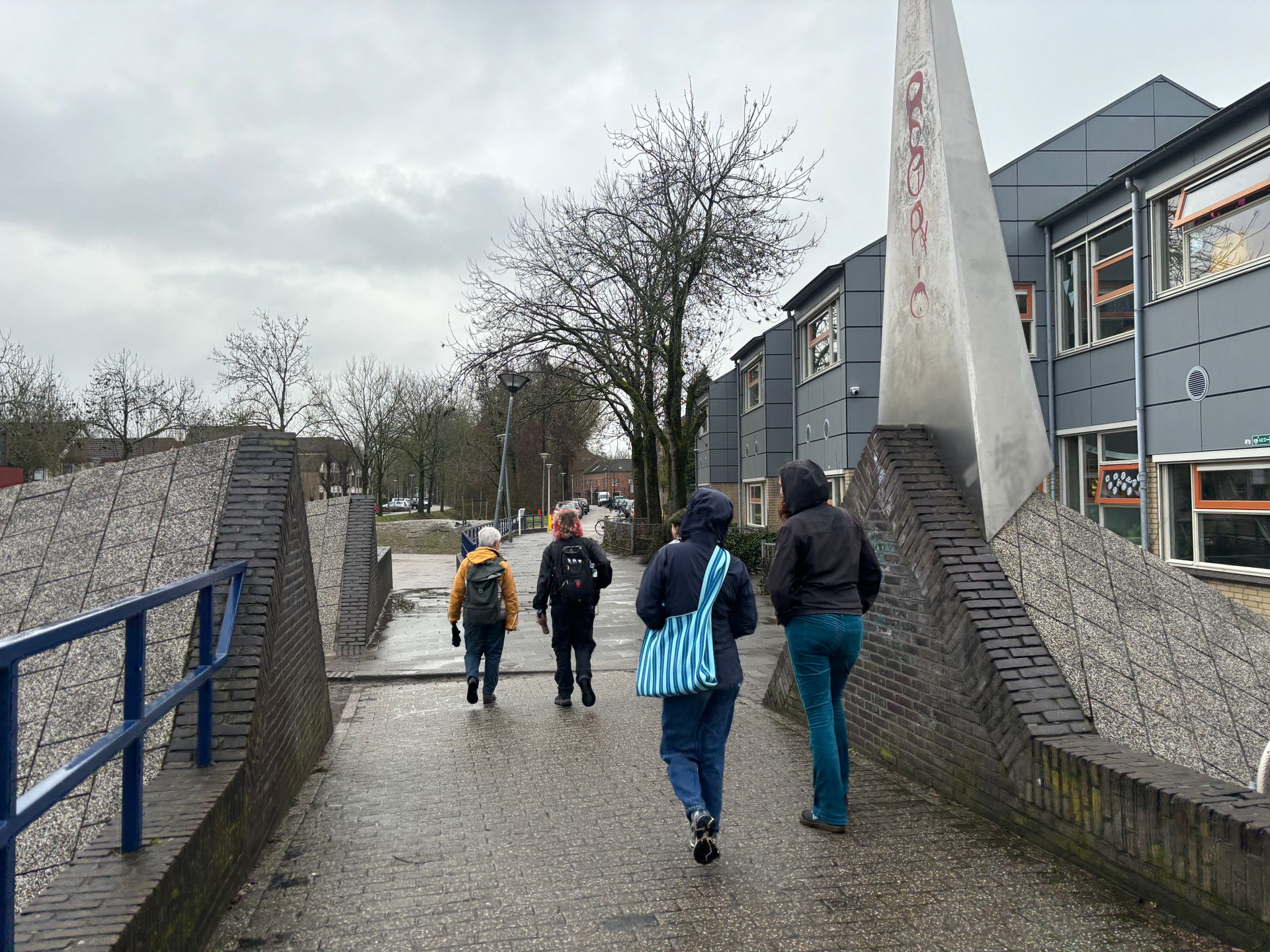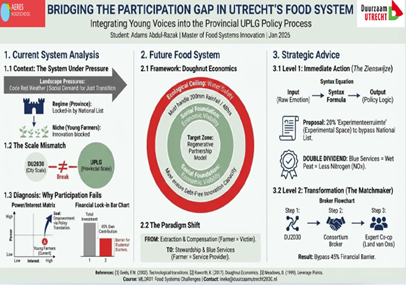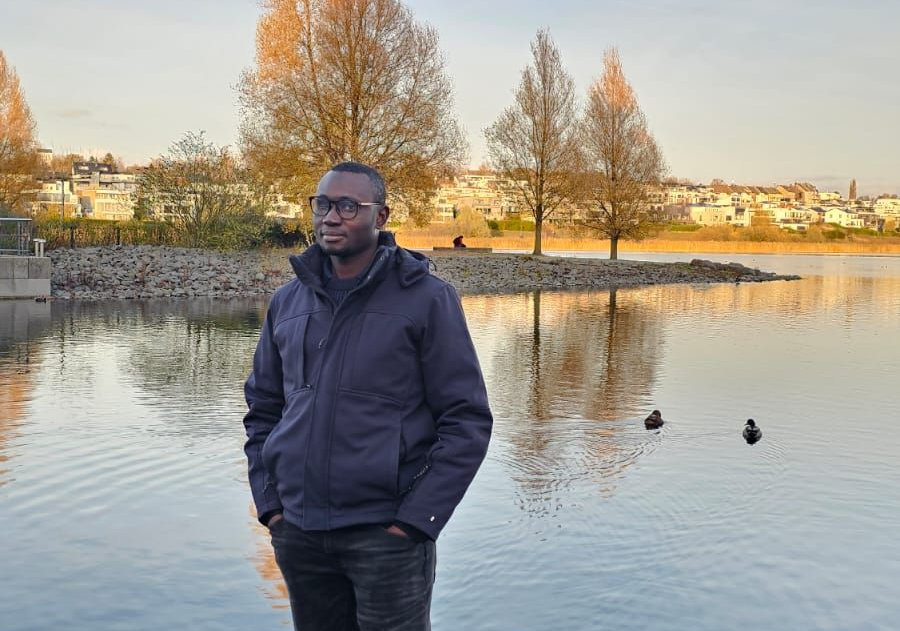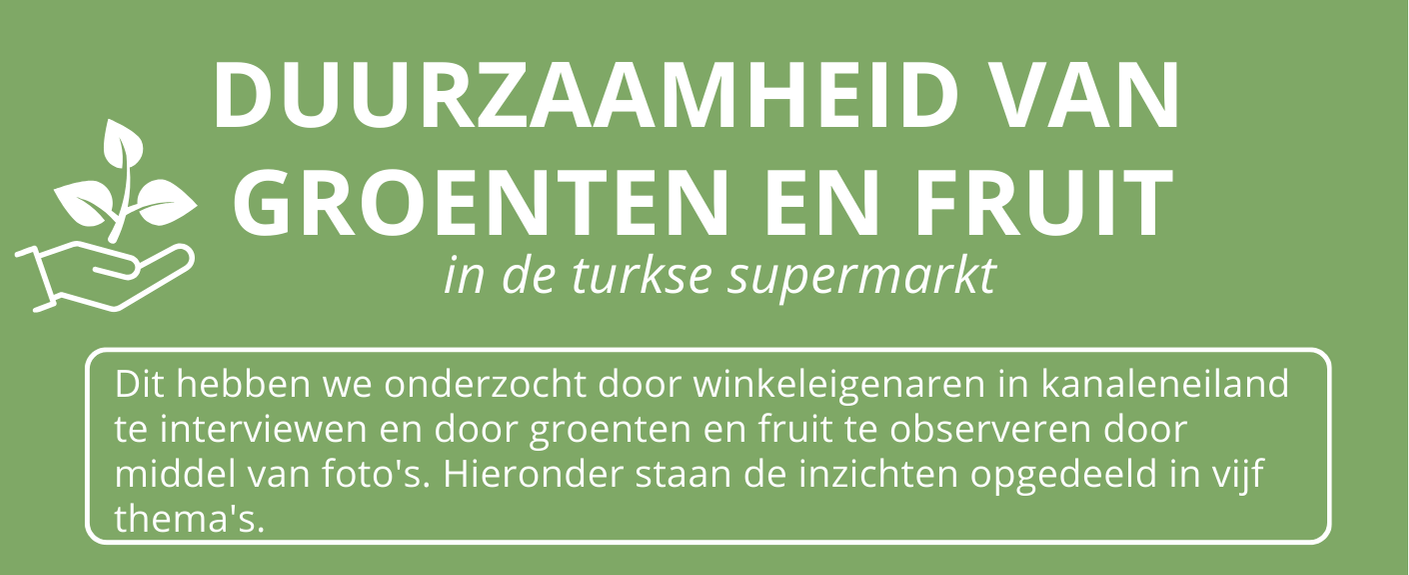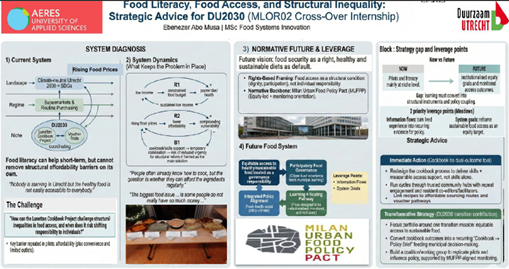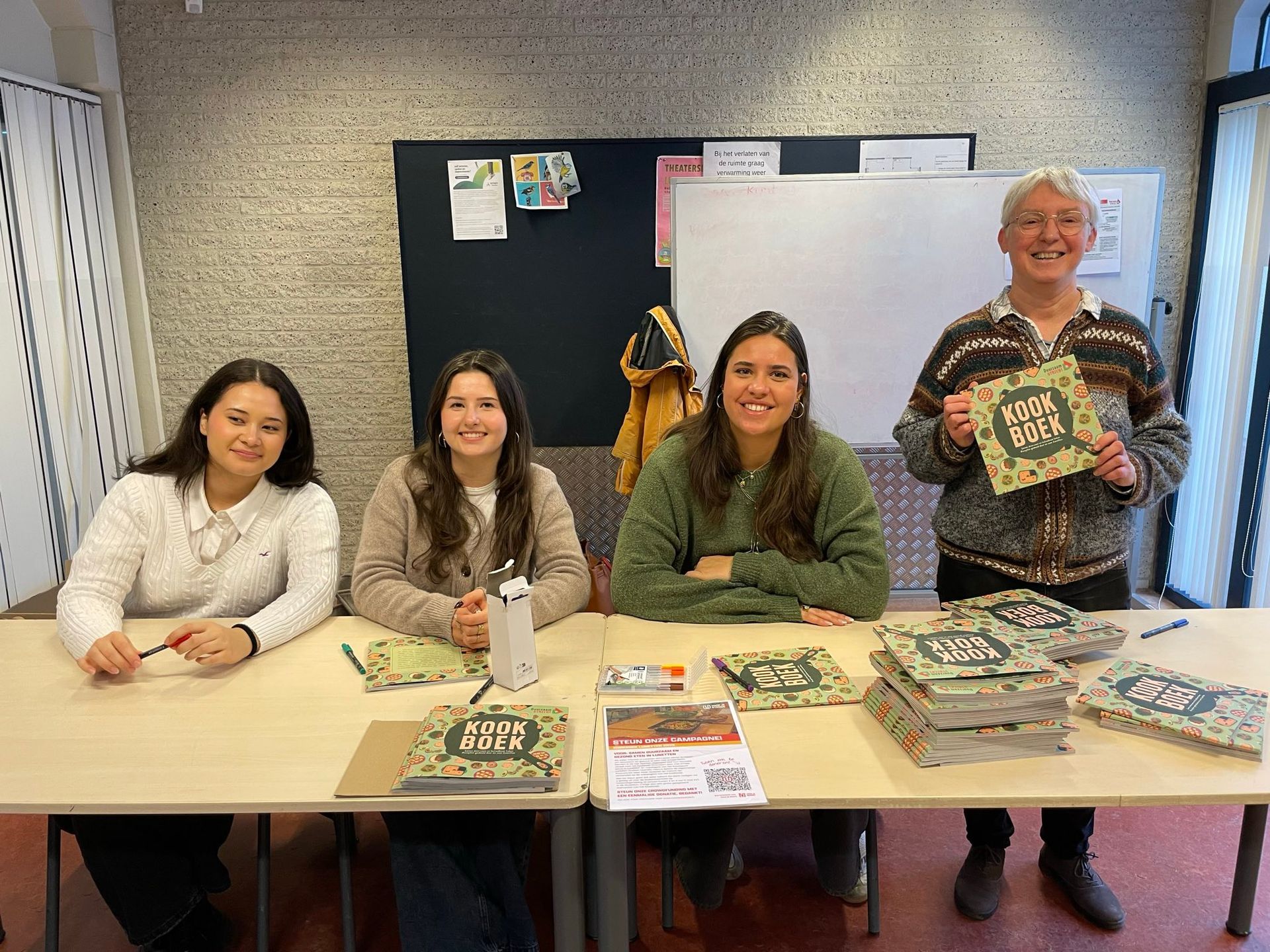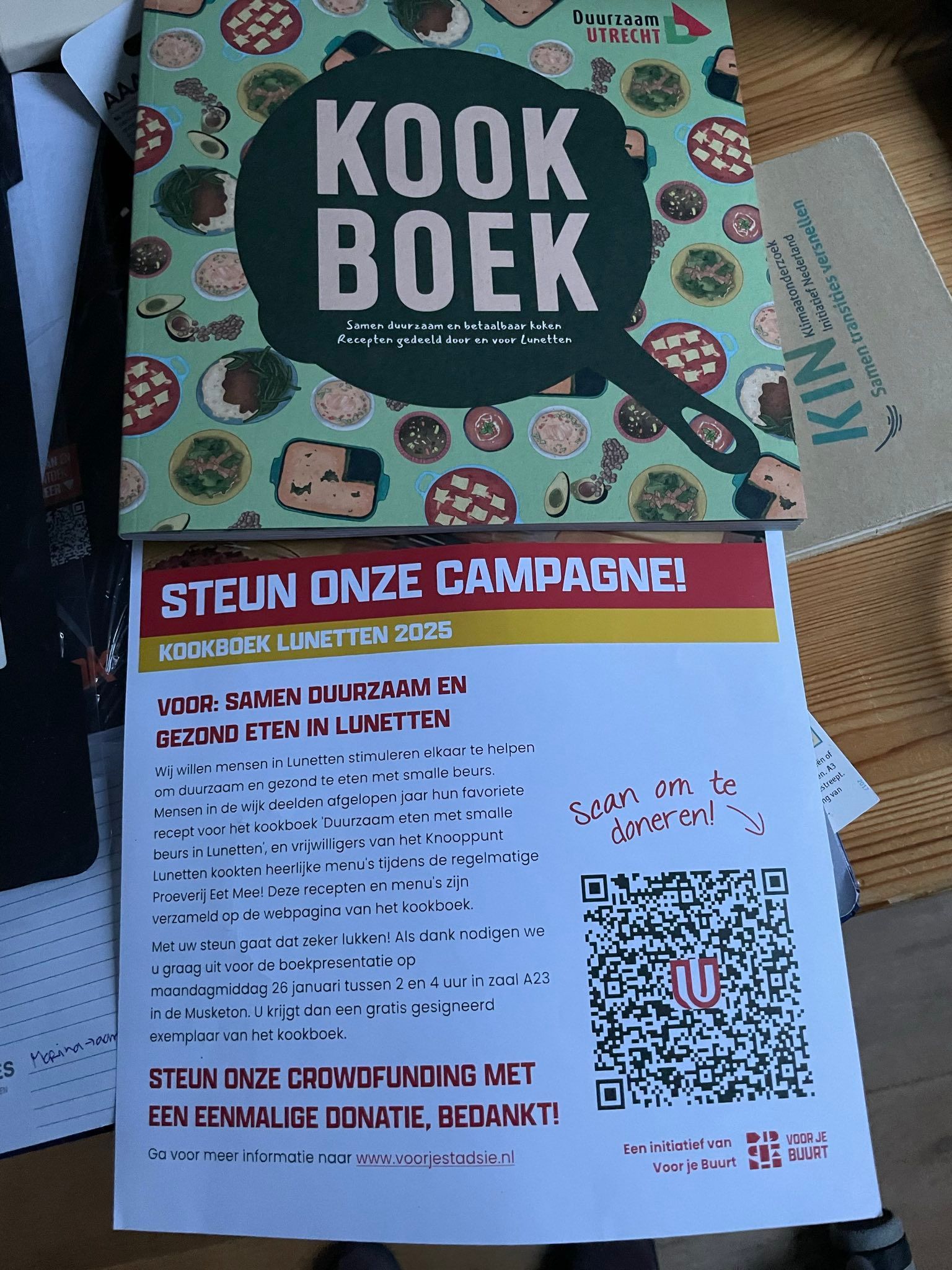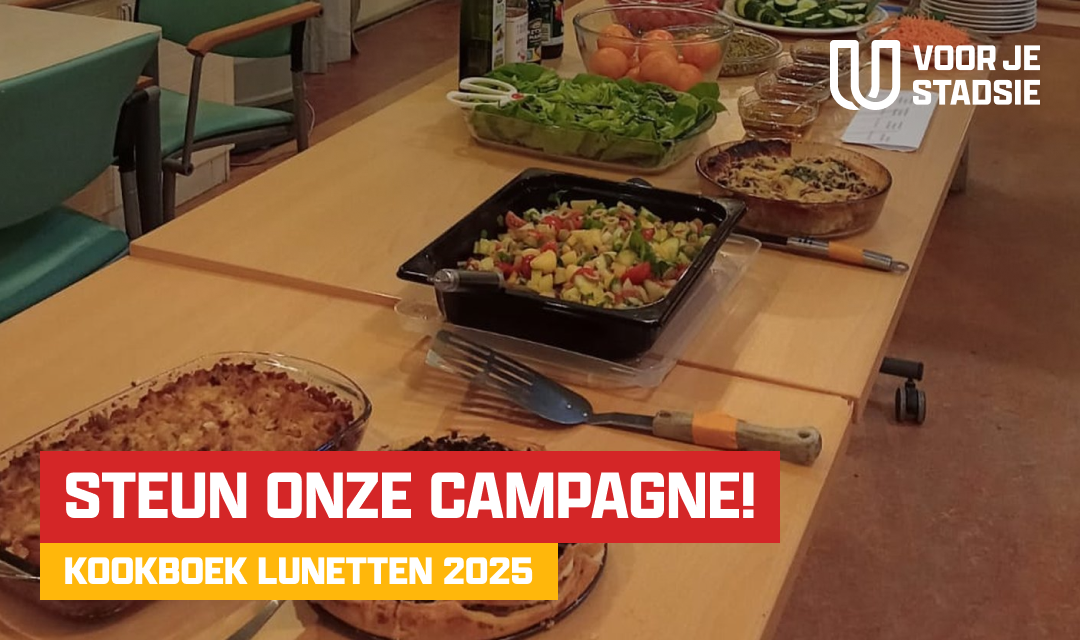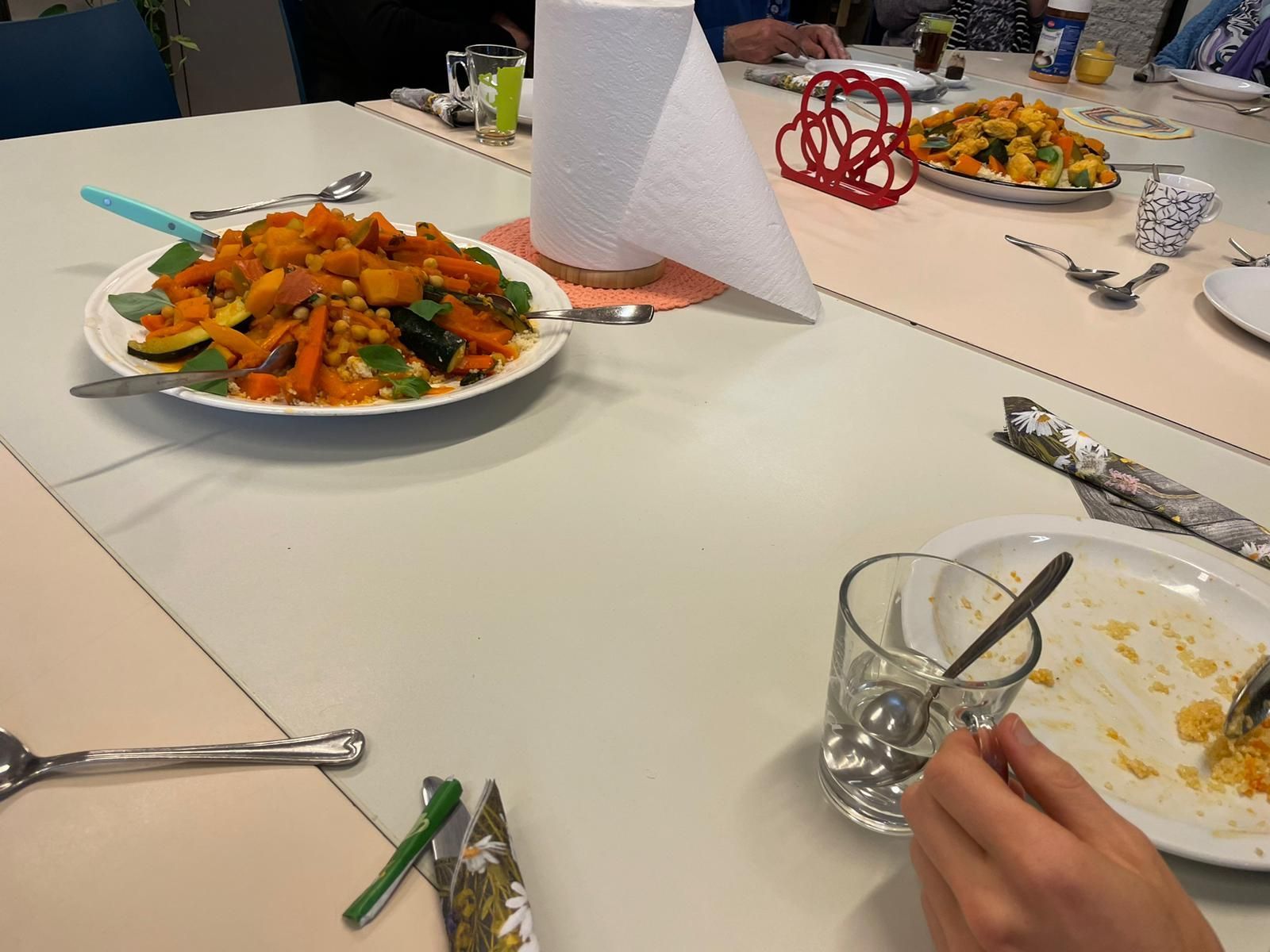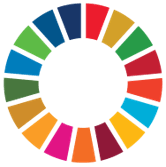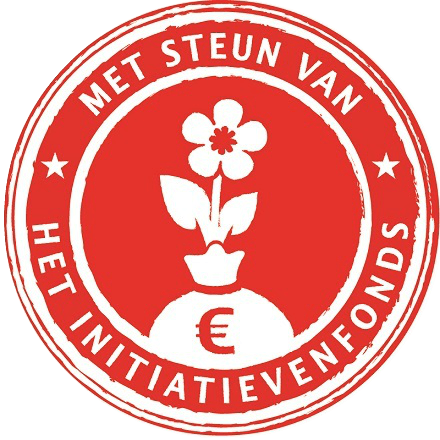Het Knooppunt Lunetten verzamelt mensen rond de eettafel
Buurtbewoners proefden elkaars recepten voor het kookboek ‘Duurzaam eten met smalle beurs in Lunetten’
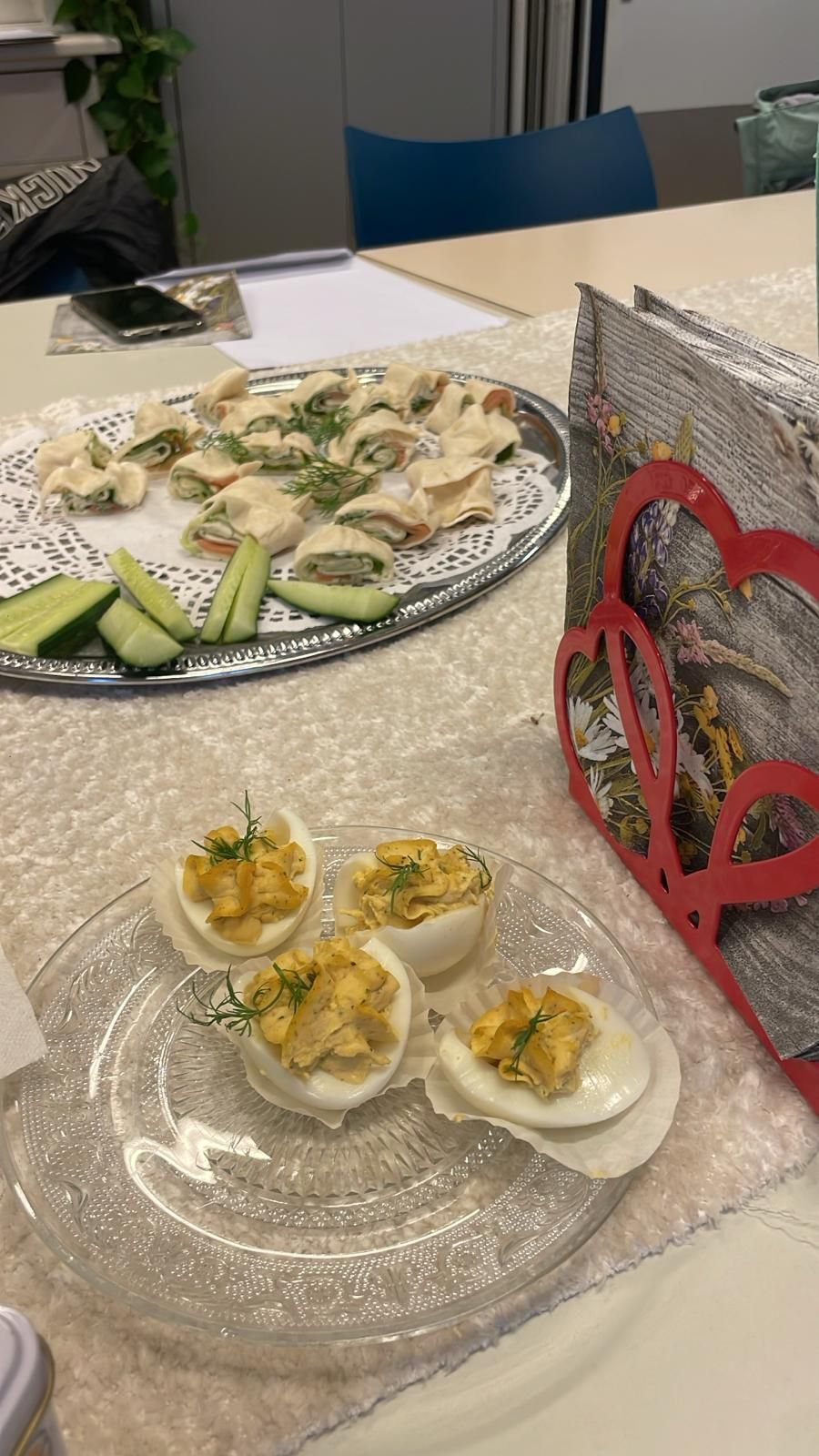
“Het recept is heel eenvoudig,” zeiden verschillende koks die hun eigengemaakte soep, hapjes of lunch deelden met bezoekers van het Knooppunt Lunetten, “hoezo wil je dat in een kookboek zetten?” Maar juist die alledaagse familierecepten stimuleren uw buren om ze ook eens uit te proberen. Straks geniet heel Lunetten van uw kookkunst! Sinds september werken we met het Knooppunt, de weggeefwinkel, mensen van het wijkgezondheidscentrum, de volkstuinvereniging en andere mensen en organisaties uit de wijk aan het kookboek ‘Duurzaam eten met smalle beurs in Lunetten’.
Het Knooppunt nam het voortouw met smakelijke hapjes tijdens de week tegen eenzaamheid. Donderdag 26 September serveerden vrijwilligers een vegetarische, veganistische, halal, en koosjer lunch. Na een vegetarische groentesoep met vers wit stokbrood, konden bezoekers kiezen uit luxe bolletjes , hard/ zacht en wit/ bruin, met heksenkaas en een veganistische salade, zoals een hummus soort als beleg. Daarbij gaven ze rauwkost van snoeptomaatjes en snoep komkommer en rucola. De gasten dronken daarbij appel- of sinaasappelsap, koffie of thee. Overigens bent u elke donderdag welkom voor de lunch in het Knooppunt.
Vrijdag 27 september deelden Richard en Tabea wraps, gevulde eieren en snoepgroenten, en ook op maandag 30 september stond de tafel vol lekkere hapjes. Zo hadden andere vrijwilligers wraps van kip met groenten en knoflooksaus gemaakt, en Surinaamse hapjes van hartig deeg met zoete kokosvulling, bladerdeeg met stoofperen uit de oven, bereid met laurier, kruidnagel, kaneel, geleisuiker en water. Druiven, mandarijnen en tomaatjes. Er bleef nog een hele schaal koolwraps met gehakt en rijst op prikkertjes over voor een volgende maaltijd. Woensdag 2 oktober deelden medewerksters van het wijkgezondheidscentrum Theresa en Nicolien op hun vrije dag duurzame en gezonde hapjes, zoals naan met dips, gevulde eieren in bietensap, en dadel-amandel-kokos hapjes.
Op 16 oktober gingen 30-40 buurtbewoners in op de uitnodiging van studenten Social Work voor een couscousmaaltijd in de kantine van de Volkstuinvereniging ATV Utrecht Zuid. Verandering van plaats deed eten: mensen genoten ook daar van de maaltijd en van elkaars gezelschap en de goede zorgen van de studenten, gastvrouw en kok.
De volgende middag, op wereldarmoededag 17 oktober schoven ongeveer twintig mensen aan bij de stadslunch met het recept van de couscousmaaltijd van Milouda uit Kanaleneiland. Een kookteam geleid door de ervaren keukenprinses, die twee keer in de week een maaltijd verzorgt voor gasten in de Musketon, had de hele ochtend in de keuken gestaan om couscous vega en kip te bereiden. Wie dat wilde kon nog een portie meenemen voor thuis.
Ook in november valt er nog veel te smullen in de Musketon. Verschillende koks deelden bijvoorbeeld hun favoriete soep op 9 november, en op 22 november organiseert het Knooppunt een proeverij waar iedereen welkom is om de eigengemaakte gerechten van buurtgenoten te proeven. Doe ook mee! Kijk hier voor meer info.


